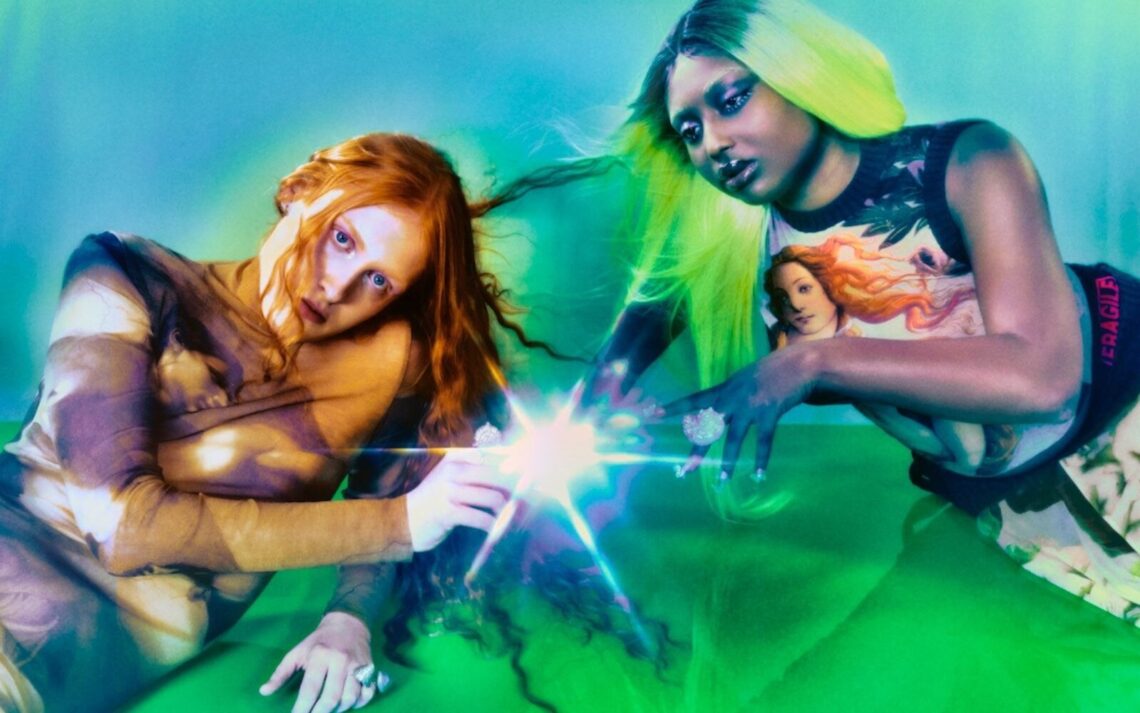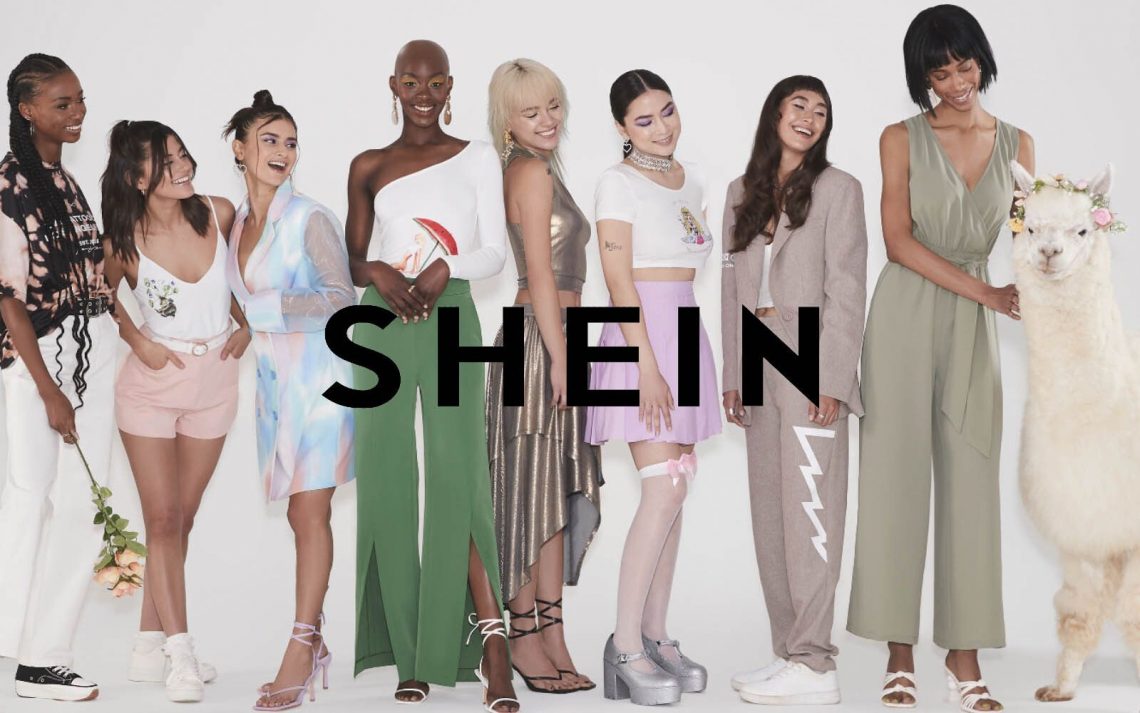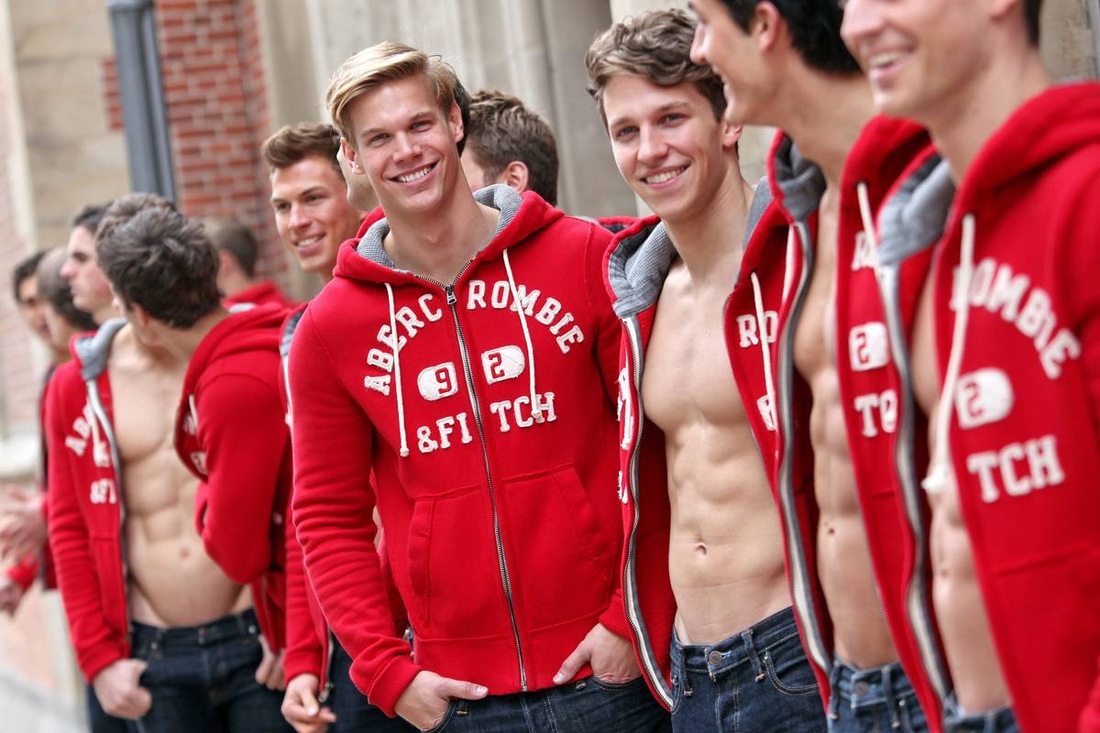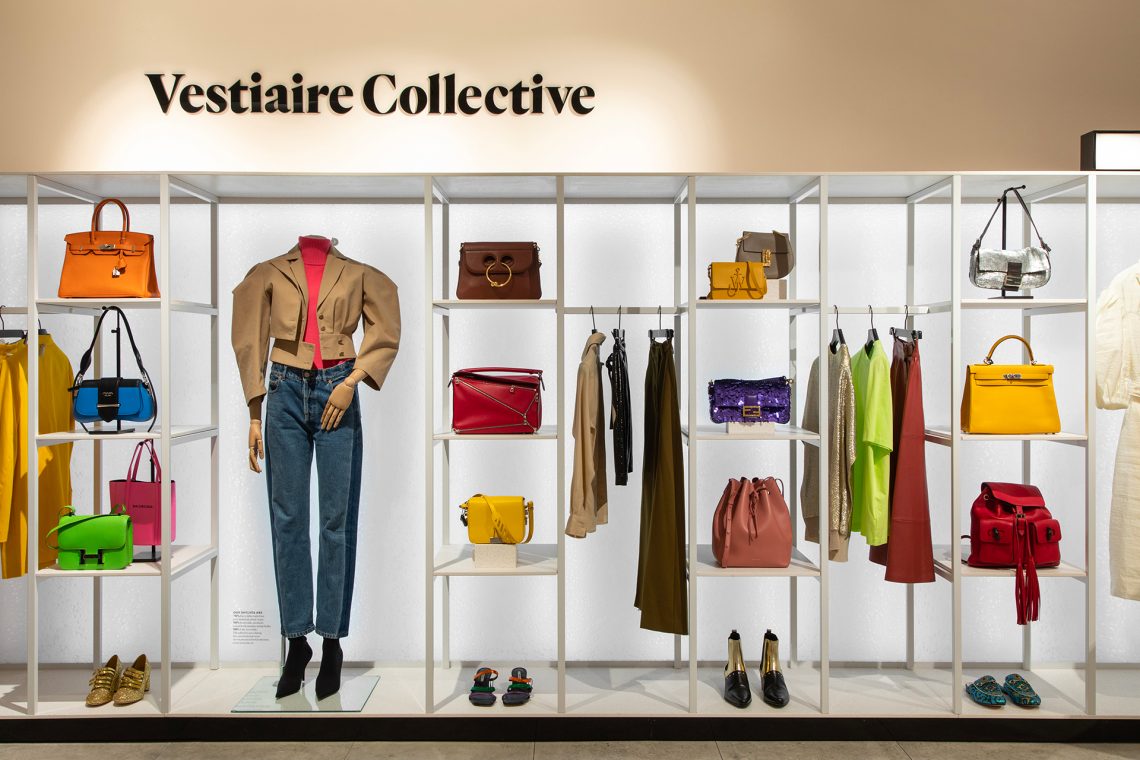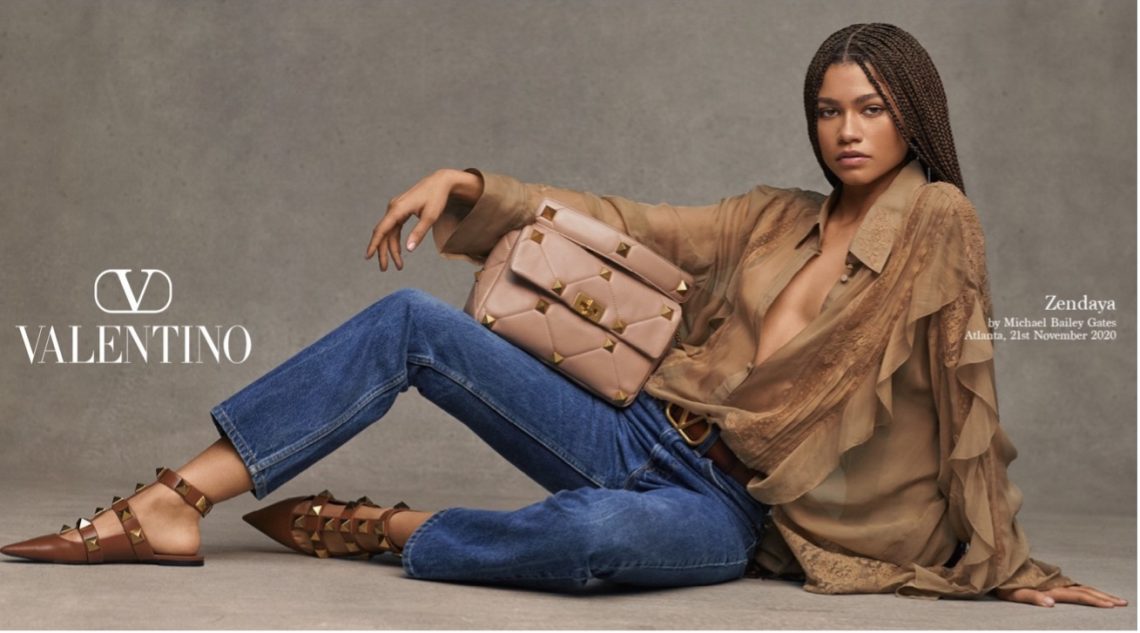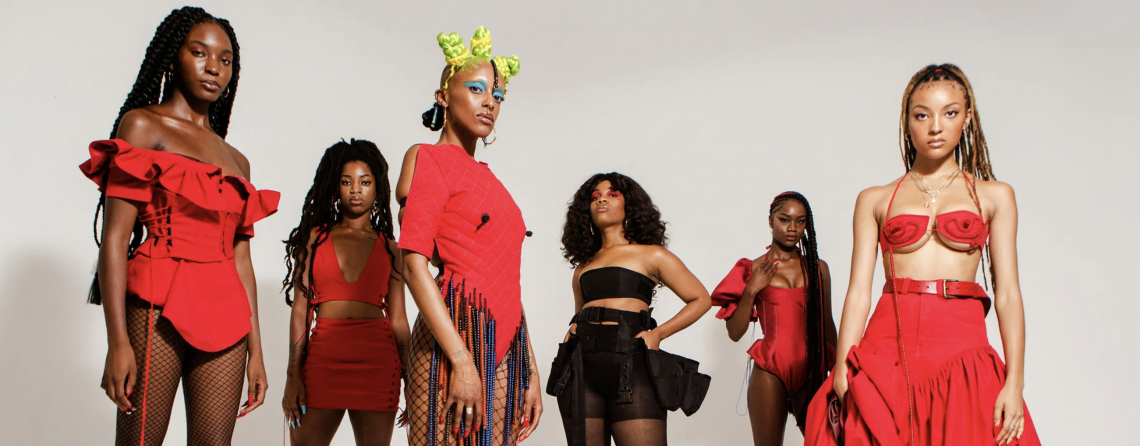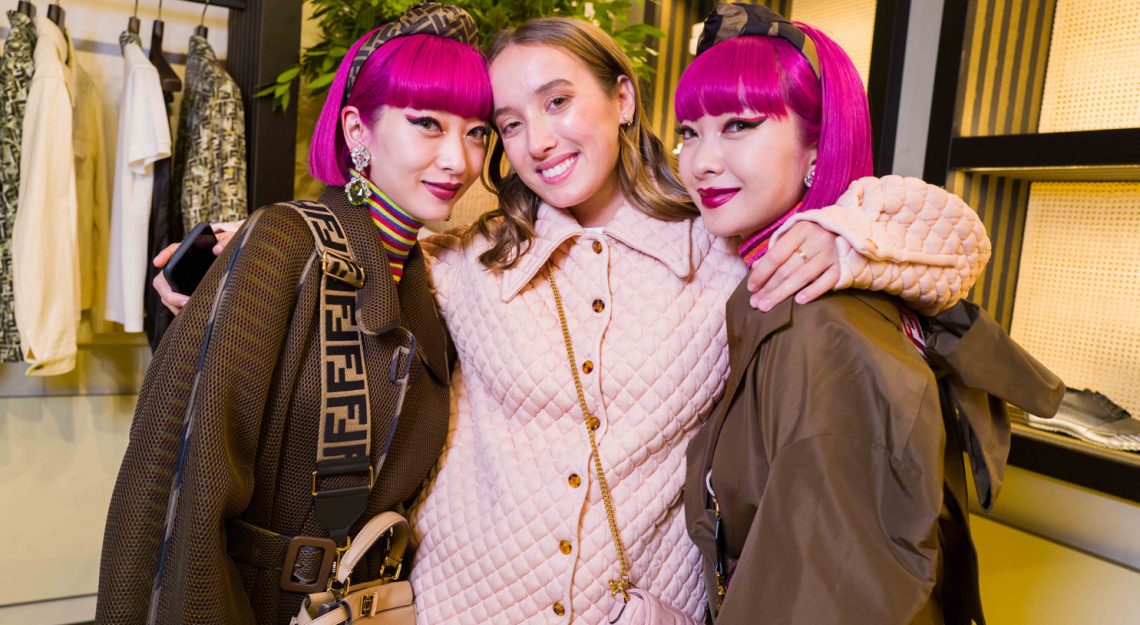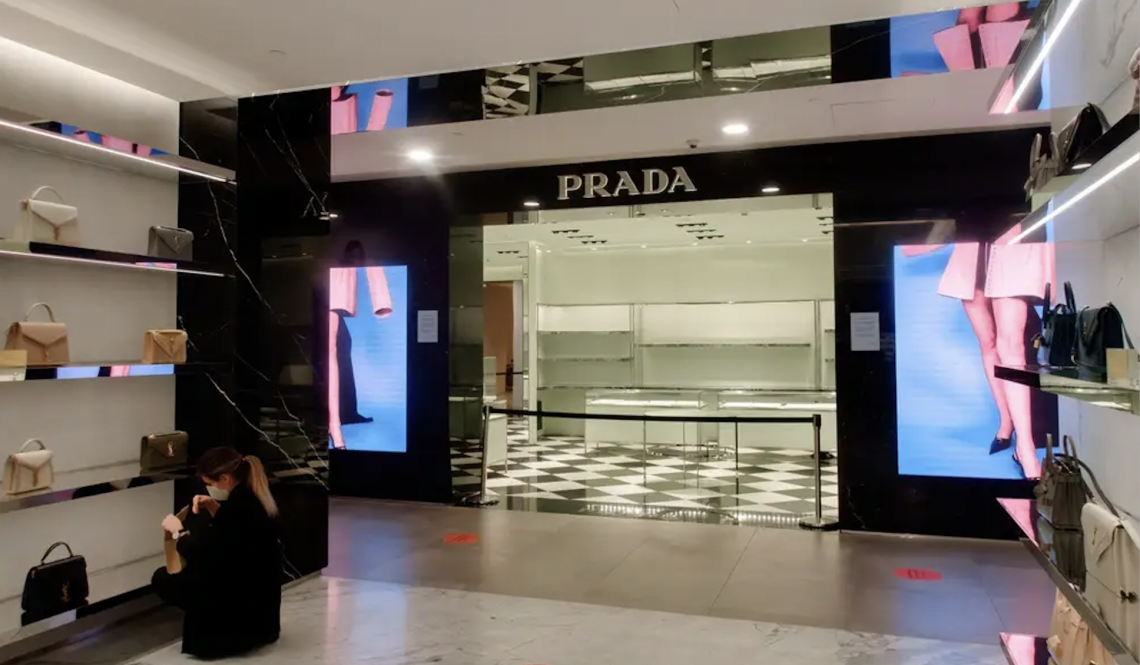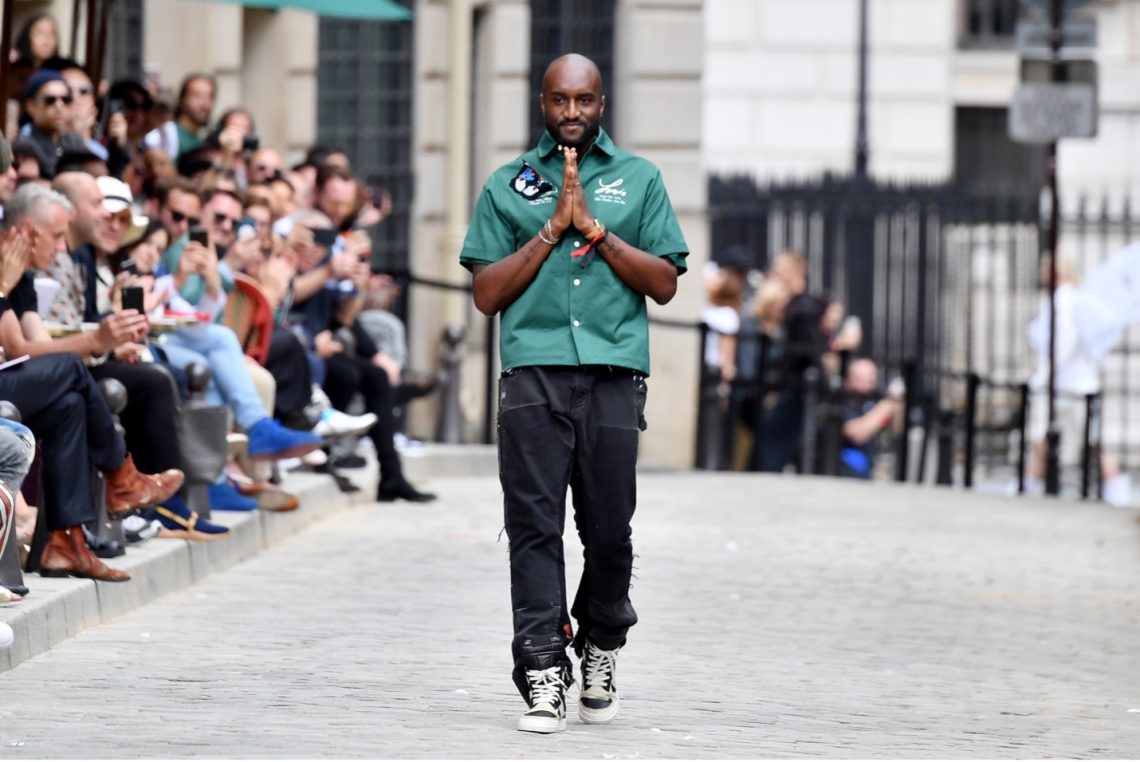Customer Experience (abbreviated CX) is the overall experience customers have throughout their relationship with the company: not just shopping, then, but an interaction/relationship that includes customer care and support and interaction with the brand. Retail stores are a crucial marketing tool for retail brands. For a retail store to be successful, customers must be drawn in from the outside in. This will encourage them to make more purchases and develop a stronger bond with the brand as a whole. The layout of a company’s retail locations should integrate into the larger brand narrative while also taking into account key requirements. Given that people are accustomed to purchasing expensive goods without first…
-
-
Uffizi Gallery v Jean Paul Gaultier: The ‘Enfant terrible’ has struck again! Legal battle begins over Botticelli’s Birth of Venus
A new legal battle has begun between the Uffizi Gallery, one of Italy’s most visited art museums, and the French maison Jean Paul Gaultier, founded by the homonym designer Jean Paul Gaultier. The object of the dispute is no less than Sandro Botticelli’s most famous work of art: the Birth of Venus (1482-1485), symbol of the Italian Renaissance and of the central role of the city of Florence in Italian art and history. As is well known, fashion has always resorted to art in its quest for beauty. Jean Paul Gaultier is yet another example of high fashion’s long-term love affair with art that has led and continues to lead fashion and art to…
-
Shein’s Dominance in Fast Fashion
Chinese fast-fashion retailer Shein is the largest online-only fashion company in the world. This year, the retailer overtook Amazon to become the most downloaded shopping app in the US and it is a record it holds in 50 other countries. In 2020, Shein recorded revenues of $10 billion, this represented a 250% year-on-year increase in revenue – the 8th consecutive year this figure was over 100%. Shein’s core market are Gen-Z shoppers which it attempts to lure in via Instagram and Tiktok where it boasts 21.9m and 2.8m followers respectively. Despite the brand’s enormous online presence, there is little public information available about the company as it has a reputation for…
-
Abercombie & Fitch: glorious story of a disastrous decline
Abercrombie & Fitch has (almost) disappeared. The well-known lifestyle brand of sporty and college clothes has been off the grid for years now, and despite several attempts to regain a spot in the market, it looks like fashion addicts have eventually moved forward. Today, indeed, it is extremely rare – if not impossible – to spot someone wearing the classic tartan branded shirt, undisputed icon of the label. However, that was not always the case: the Manhattan-founded brand has been dominant among kids and teenagers from the late 90s and for the entire first decade of the 21st century, before entering a downward spiral and collapsing under the burden of what…
-
Resale Revolution: from Pop Culture to Major Digital Platforms
Buying vintage clothing is surely a unique experience, a special feeling that comes with “giving a second life” to clothing pieces, wondering how many it’s already lived. There is, however, also a lot of doubt in the buying process of secondhand clothing regarding the authenticity of the piece and the convenience of its price. How to be sure that it’s not a fake? How do we know it’s the most affordable option? What used to be a manufacturing hub for French fashion and has by now become the center of authentication expertise, Lille, France, is today home of the headquarters of luxury online reseller Vestiaire Collective, where the lives of…
-
Valentino v. Mario Valentino: who is the real Valentino?
Finding a Valentino might be even harder than finding a Valentine after all. That is because there are two Valentino’s, and telling them apart is anything but easy. The legal battle raging between the two brands is currently unfolding in Italy, as well as in Federal Courts in the US. The parties Valentino S.p.A. is an Italian luxury fashion house, founded by Valentino Garavani in 1960, which quickly established as a premier fashion and luxury behemoth for clothing, accessories, and perfumes, among other goods. Valentino handbags typically retail for $1,000 to $4,000-plus, with exclusive or limited editions selling for over $18,000, and they are sold throughout the United States at high-end retailers, including Bergdorf…
-
Decolonizing fashion
For years, fashion students have learned about the lives and creative works of designers such as Coco Chanel, Christian Dior and Yves Saint Laurent. This has only perpetuated a white, eurocentric narrative within fashion. Inspired by Gen-Z’s fervour for breaking down cultural barriers, many fashion schools are in the process of decolonizing their curriculum. This could lead to major implications for the future of the luxury industry. Gen-Z students typically view Western-dominate narratives through a more critical lens and often choose to be more inclusive towards non-white and non-Western creatives, thereby giving them the credit they deserve. Kim Jenkins, a fashion scholar, explains that, “Decolonisation is acknowledging and addressing all…
-
Gen-Z: posers or activists?
Is Gen-Z given the right credit for their role in the fashion and luxury industry? When thinking of luxury, Gen-Z might not be the first generational group that we associate it with. However, underestimating its value, both as a consumer and employee, would be foolish. LVMH seems to have grasped this concept well, as they announced in September that their goal is to recruit 25,000 under the age of 30 by the end of 2022, increasing by 20% their hiring target compared to previous years. Karin Raguin, vice president of talent management and corporate responsibility at LVMH North America, defined this as their “regional strategy to amplify the support to the next…
-
Russia, Ukraine and small fashion businesses
Russia’s invasion of Ukraine has impacted almost everyone on earth, but how has it specifically affected the fashion industry? First, let us rewind. The past couple of years have been quite tumultuous for the fashion world. The COVID outbreak put a strain on retail, and the future of fashion was in question. Thankfully, throughout 2020, online shopping and eCommerce rose dramatically, fueling innovation and bringing hope to the industry. As travel restrictions lowered in 2021, fashion retail seemed to be transitioning towards a “new normal” – harnessing the technological advancements brought on by the pandemic to make for a more efficient shopping experience. Although Omicron hampered retail growth in late…
-
“Virgil was here”
“In a world where kindness is rare, where hierarchies still carry weight and where fashion can change the rules but sometimes ends up creating new ones, there was you. You changed the system with your genius, your humility and your authenticity. You led by example. You taught and inspired millions of young people and filled our days with the energy and optimism of those who want to change the world for the better.” This is what the Off-White team wrote on Instagram as a tribute to its founder and CEO Virgil Abloh, who passed away on November 28th due to a rare form of cancer. Across London, Paris, Hong Kong, New York,…


